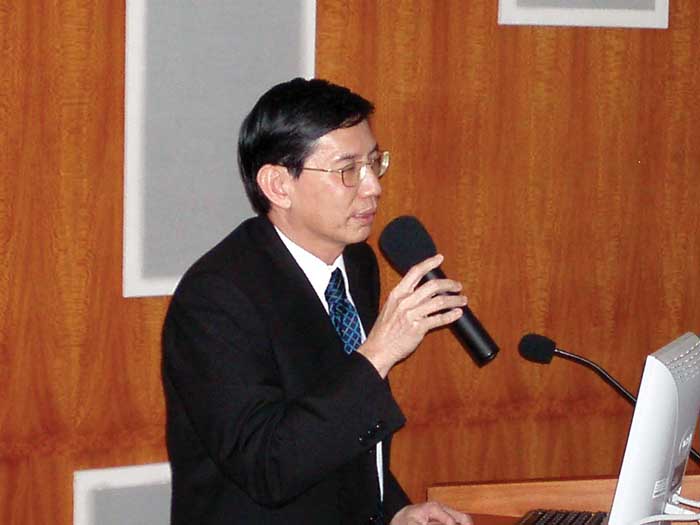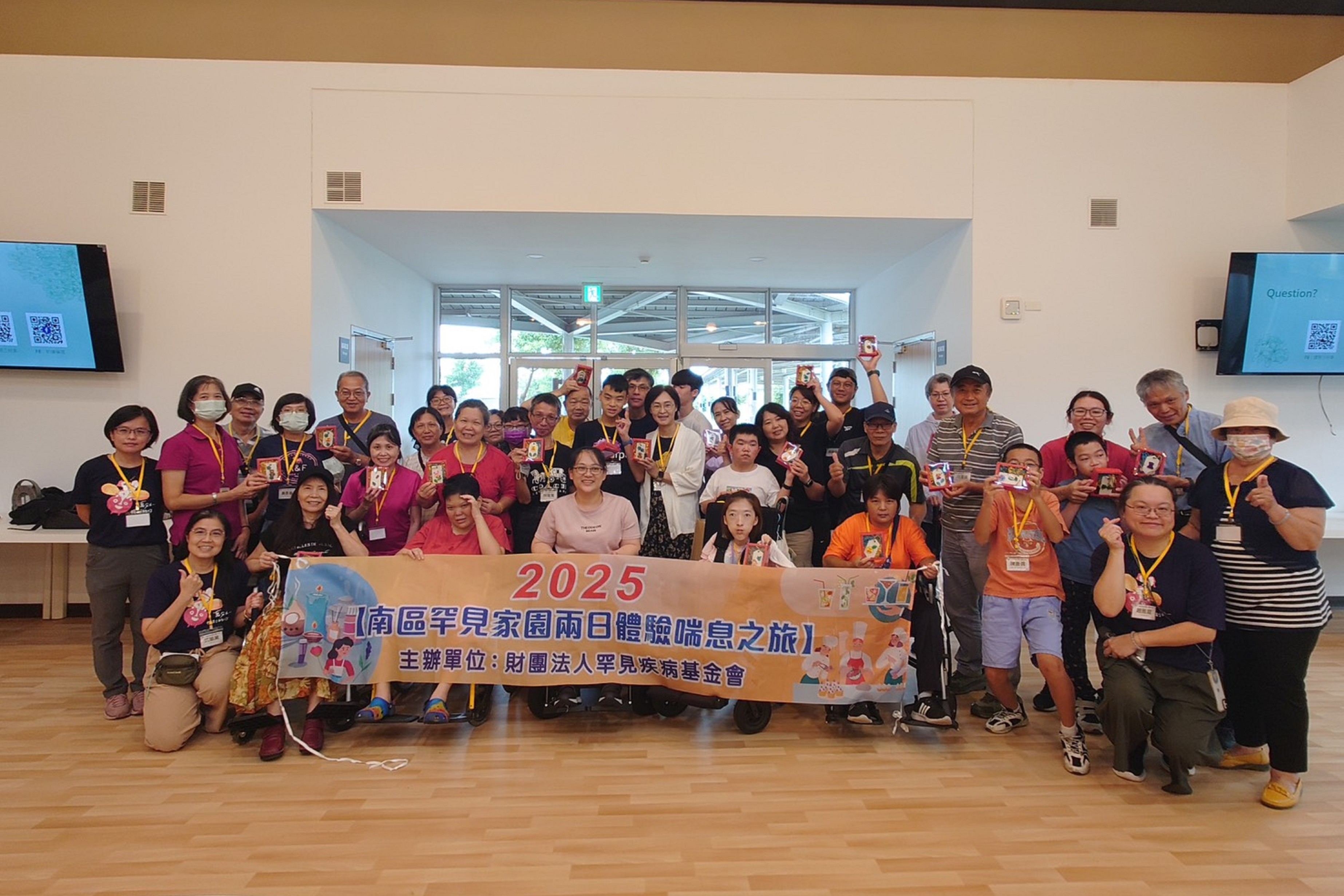News
Myozyme, First Treatment Ever for Pompe Disease
Academia Sinica, Taiwan announced the first treatment ever for Pompe disease
called Myozyme, co-developed by Genzyme, based in Cambridge,
Mass along with several medical institutions in the US, Europe and Taiwan.
This treatment has won marketing approval from U.S. Food and Drug Administration
as well as European Medicines Agency. Myozyme is also the first treatment made
available for an inherited muscle disorder.
Pompe Disease is a debilitating, progressive and often fatal disorder affecting fewer
than 10,000 people worldwide. People born with Pompe disease have an inherited
deficiency of an enzyme known as GAA (acid alpha-glucosidase).
Babies with Pompe Disease often die within the first year of life due to cardiac and/or r
espiratory failure. Taiwan research team, led by the Director of Institute of Biomedical
Sciences, Dr. Yuan-Tsong Chen, has been studying a way to supply the specific
enzyme since 1991 when he was a full-time faculty at Duke University.
After several years of research, the research team finally produced a specific enzyme
that could enter patients' cells. Currently, patients receive treatment by injecting
Myozyme twice a month.
Dr. Chen, who is also the chairman of the board for TFRD, said that the significance
of Myozyme is that it's the first effective treatment ever for Pompe Disease.
It is also the first treatment for muscular disorders and the way that it supplies
enzyme may also be applied to treat other muscular disorders.
Also, compared to other clinical trial treatments were often performed on adults,
Myozyme was tested on children and was approved for both children and adults
with the Pompe disease. It's hard to diagnose patients with Pompe disease because
many of the symptoms are similar to those of other diseases.
Clinical experience thus far suggested that patients with advanced stage of the
disease are more difficult to treat. In the infantile-onset form of the Pompe disease,
Their hearts had already swollen which compressed their lungs. Even a minor
flu can be life-threatening to Pompe patients. T
herefore, it is extremely important to catch Pompe disease as early as possible
and include Pompe disease in the newborn screening program.
"Earlier treatment, more improvement." said Dr. Wuh-Liang Hwu of National
Taiwan University Hospital (NTUH) who led the only one Asian medical center
research team to participate in the clinical trial. One of his patients at the age of
1.5 months received treatment for a muscle function. She is currently 6 months
old and has shown great improvement.
Dr. Chih-Chao Yang, Neurologist of NTUH, said that it can be challenging to
diagnose late-onset Pompe Disease because not only do the clinical severity,
and type of symptoms a patient experiences vary widely, but also the symptoms
may suggest many other types of muscular dystrophy. A conclusive diagnosis
of Pompe disease generally requires an enzyme assay test and/or a DNA test
that demonstrates that the patient has deficient enzyme activity or defective gene.
A physician should be alerted for the possibility of adult Pompe disease when
patients develop progressive muscle weakness or breathing difficulty.
Dr. Yuan-Tsong Chen said, "We are happy to see that Myozyme
is helping Pompe patients. We hope together with newborn screening,
patients can be diagnosed and receive treatment as early as possible and have
a better chance to live a healthy life just as normal individuals do."









